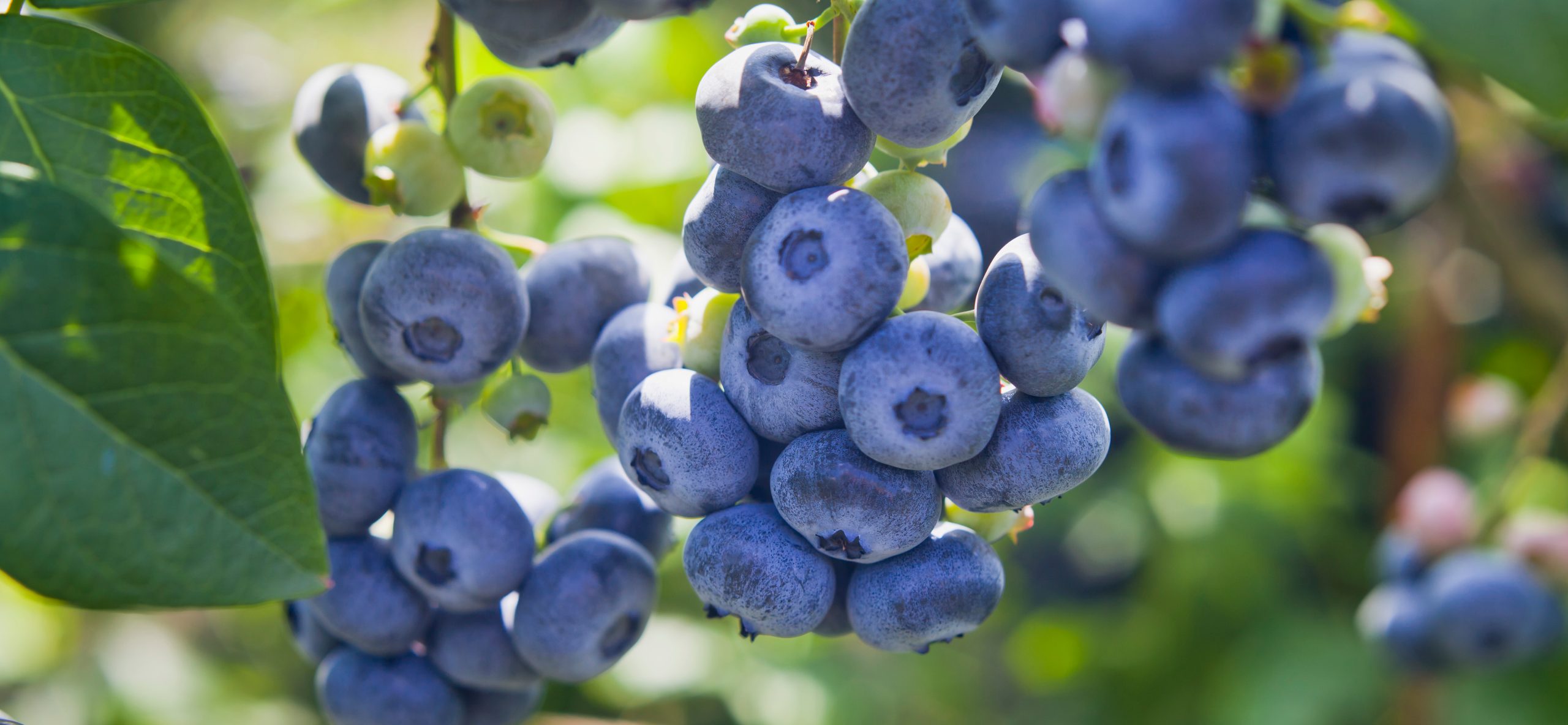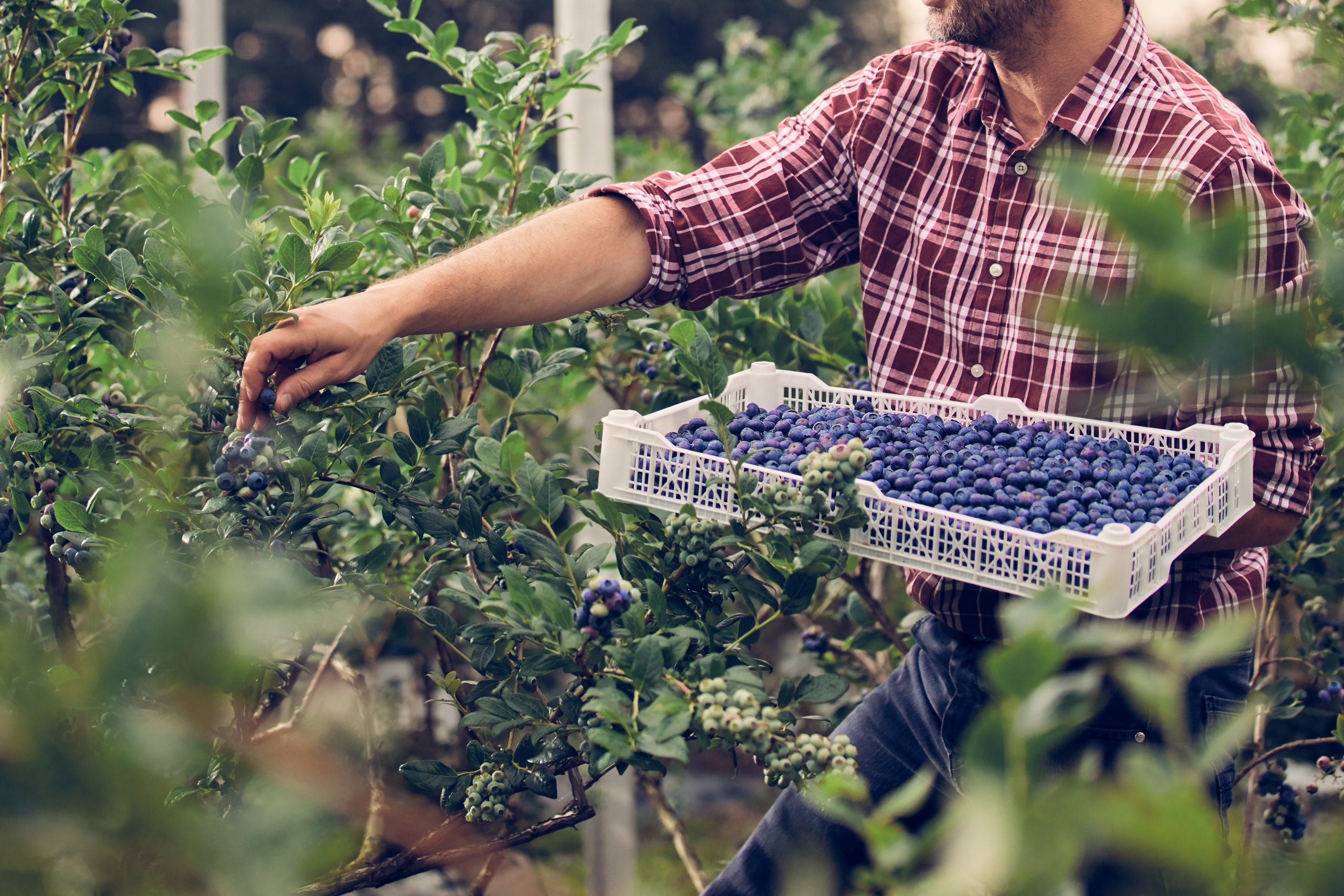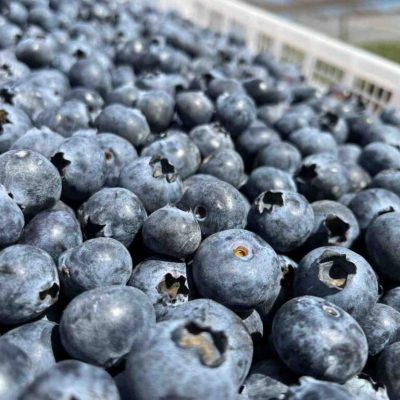Blueberries are the future for Cape province
South Africa’s Western Cape government has said that blueberries offer great opportunities for job creation in the province.
The global berry market continues to grow and is labour intensive, according to minister of economic opportunities Alan Winde, which offers great opportunities to expand the region’s economy and create new jobs in the agricultural sector.
Winde said that blueberries, hailed for their health benefits and antioxidant properties, have soared in popularity around the world in recent years.
“In the Western Cape, production and exports of this berry have increased drastically from a low base, and the tiny berry holds the potential to add significant value to the economy and create additional jobs,” he outlined.
The blueberry world market has expanded from R8.8bn in 2011 to R33.7bn in 2016, translating into annual average growth of over 30 per cent. “All indications are that the global market is still growing to meet the demand that is still much higher than supply,” Winde explained.
“We’ve seen exceptional growth in a number of our berry crops and this is one of the reasons the Department of Agriculture has been investing in the Alternative Crops Research Fund, which is aimed at boosting crops like berries, cherries and pomegranates, which are water-wise and highly labour intensive,” he continued.
In South Africa, strong global growth has initiated substantial investment in blueberry production, and market share has increased from just 0.19 per cent in 2008, to 1.1 per cent in 2016, according to Winde. It is estimated that 68 per cent of all South Africa’s berries are grown in the Western Cape.
About 70 per cent of all South African blueberries are exported, with16 per cent sold as fresh in the local market and the remainder entering the agri-processing chain.
Blueberry exports from South Africa have shown annual average growth of about 44 per cent and the Western Cape Department of Agriculture’s fly-over data also indicates that the hectares under production for blueberries have shown good growth.
“We’ve seen from the USA, that there has been a rise in the number of products using blueberries there, which shows the opportunities available in the agri-processing space too,” said Winde. “One of the pillars of our Project Khulisa strategy is to develop agri-processing, and berries as a whole, and blueberries in particular have many uses ranging from jams and juices to baked goods, breakfast cereals, health bars and even freeze-dried and frozen options.”
Currently, South Africa and the Western Cape’s biggest export market for its blueberries is the UK, with import values for 2016 reaching R228m.
The Netherlands is the second biggest market, however, market attractiveness data indicates that there are a number of countries that have strong potential for development and growth including Ireland, the Czech Republic, Spain, Germany and Belgium. Asian markets in Singapore, Malaysia and China also hold real potential.
While the US is the world’s largest consumer of blueberries, this market would be a difficult one to tap into primarily because of its proximity to other major producers like Mexico and Canada in the north, and Chile and Peru in the Southern Hemisphere.
“However,” said Winde, “other Northern Hemisphere countries are willing to pay premium prices for blueberries in their production off-season. As a Southern Hemisphere producer, South Africa is presented with opportunities in this regard, however, it would be competing with Chile and Peru, who are some of the largest exporters of blueberries in the world.
“We believe that there is still a lot of untapped market potential, and we see the continued growth of production in Southern Hemisphere countries as a positive indicator of growth,” he added. “At this point it is essential that new markets be opened and explored through bilateral engagements for continued growth of the industry.”
12/09/2018







